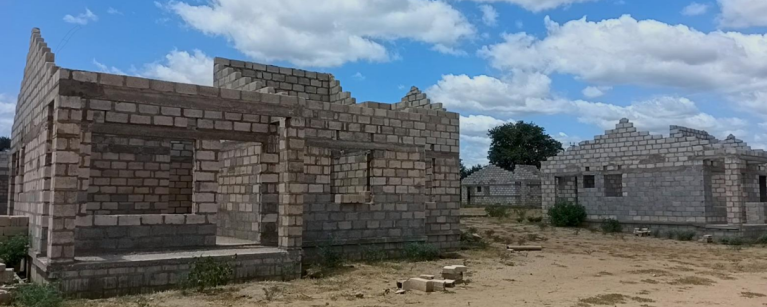ABSTRACT
This policy brief critically examines the implementation progress and challenges of the Zambia Education Enhancement Project Additional Financing (ZEEP AF), a public investment initiative aimed at constructing 120 secondary schools across all ten provinces of Zambia. The project, funded through a US$120 million World Bank loan, seeks to address long-standing disparities in access, equity, and quality of secondary education particularly in underserved and rural areas.
Despite its transformative potential, the project has experienced significant delays, underutilization of funds, and implementation inefficiencies largely stemming from systemic planning weaknesses, bureaucratic bottlenecks, and limited sub-national capacity and accountability. Through an in-depth review of budget allocations, disbursement patterns, and construction progress, this policy brief identifies key gaps and proposes pragmatic recommendations to enhance delivery.
These include streamlining fund flows and procurement processes, strengthening local-level institutional capacity, adopting hybrid implementation models, extending project timelines, and reinforcing monitoring, evaluation, and accountability systems. Ultimately, the brief argues that while ZEEP AF remains a crucial step toward expanding access to quality education and supporting Zambia’s human capital development goals under the Eighth National Development Plan (8NDP), its full impact will depend on how effectively current implementation challenges are addressed and lessons institutionalized for future infrastructure projects.
More details in the attached document!
